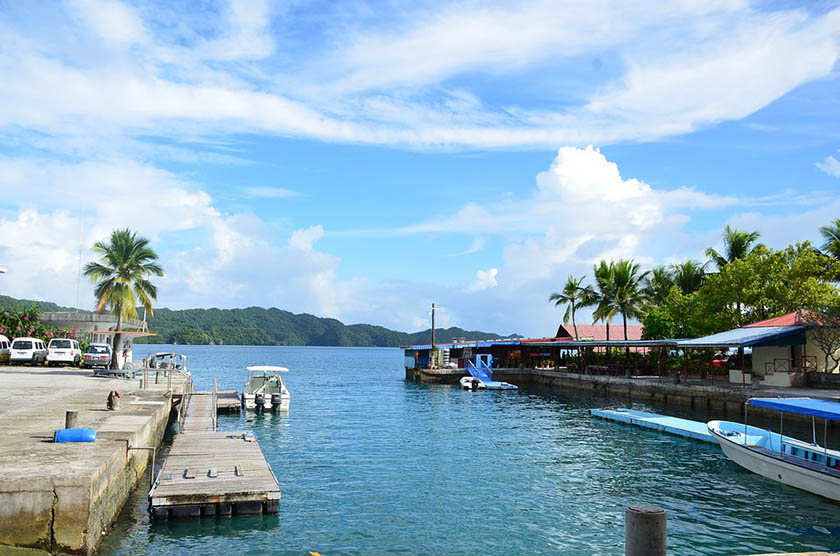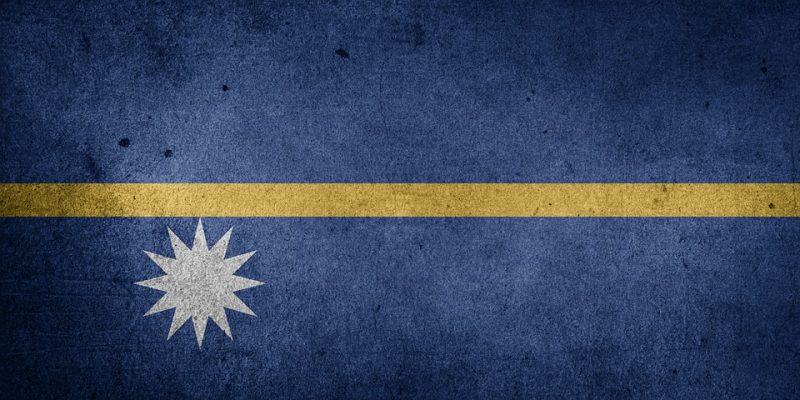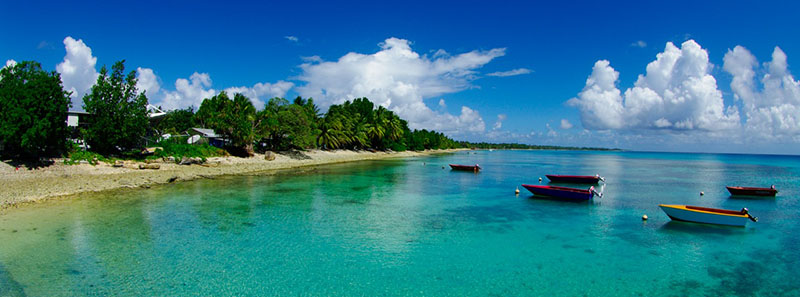- Palau is associated with the United States, that is, the United States partially controls it and undertakes to provide protection and patronage to Palau if necessary.
- The US sponsors Palau generously. The average annual GDP of this small country is about 0.25 billion USD. Most of this figure comes from American financial subsidies.
- The inhabitants of Micronesia in the past used huge stone coins that can weigh several tons. There are no rocks in Micronesia, so the Micronesians brought them from Palau.
- The population of Palau is about 21 thousand people. This is about 420 times less than in New York.
- Palau is a very young state, it gained independence only in 1994. Until that moment, it was officially part of Micronesia, while remaining a protectorate of the United States.
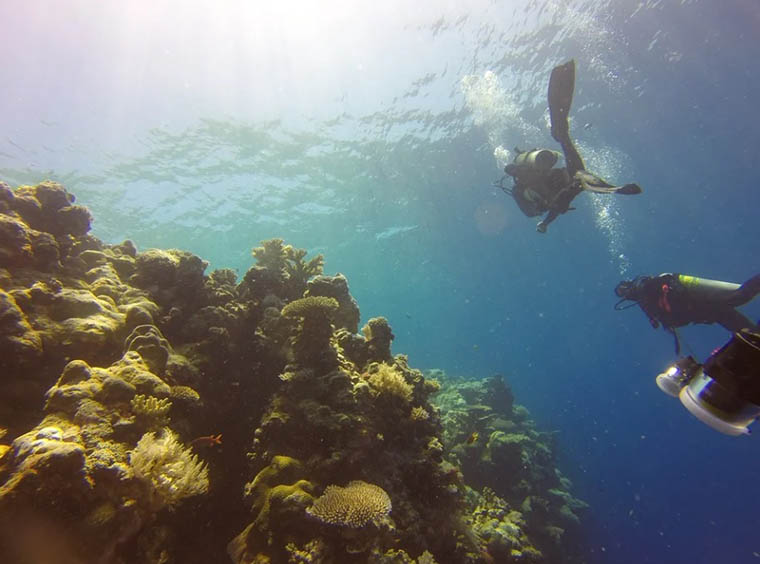
- Palau still doesn’t have diplomatic relations with many countries.
- Palau doesn’t have its own army at all. There are police though, but about a hundred officers only. They are not really needed, because there’s nearly no crime here.
- There are no political parties here. Locals aren’t interested in politics, as in everything that is outside their country indeed.
- Palau doesn’t have its own money, the locals use US dollars. This is convenient for both them and American tourists who don’t have to change their cash after arrival to this tropical paradise.
- There is no public transport here. All local residents travel by car, scooters, and bicycles. Tourists can take taxis, but there are very few of them, and the prices are monstrously high. The only alternative for independent travelers is to rent a motorbike or a car, which would be cheaper.
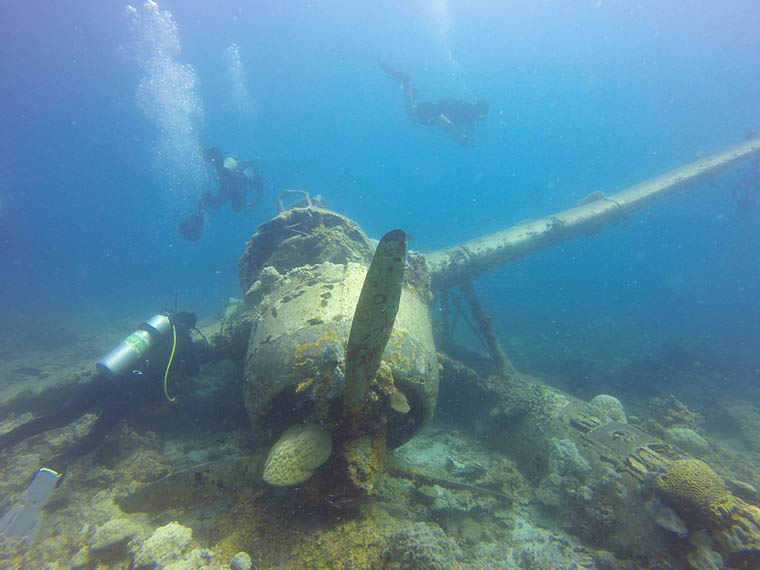
- One of the main attractions of this small country is Jellyfish Lake. There are about 2 million jellyfish here! But they are totally harmless because they have lost their stinging cells and with them the ability to sting, due to the lack of natural enemies.
- Palau has the fourth smallest population in the world. It is the 16th smallest country by area.
- Palau consists of 328 islands, but most of them are uninhabited. Independent visits to island reserves are prohibited, but tourists can buy a special tour.
- These islands have changed hands more than once in the past. In 1686, they passed into the possession of Spain, as the Spaniards discovered them. In 1899 they were bought by Germany, and during the First World War, they were occupied by Japan. Later they came under the protectorate of the United States.
- While the whole world sees sharks as villains, Palauans were the first ones to protect them. The world’s first shark sanctuary was set up in Palau in 2009. All commercial shark fishing activities were banned in Palau within its waters.
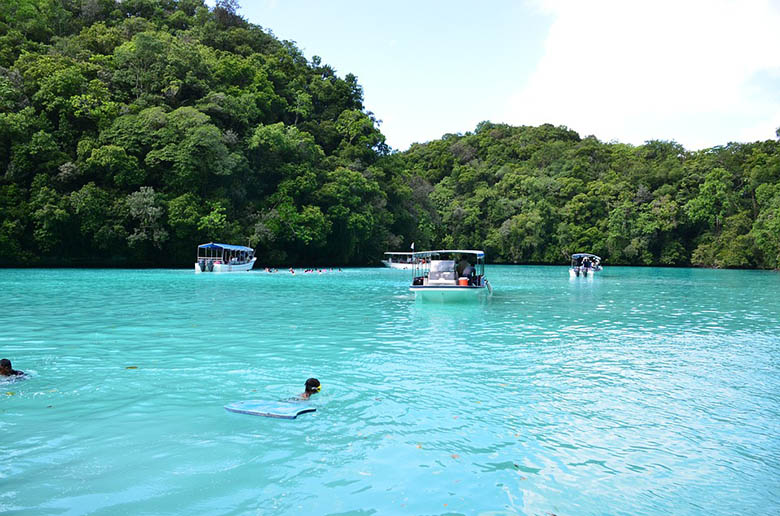
- The capital of the country, Ngerulmud, was built in 2006, and it is the most sparsely populated capital in the world. Less than 300 residents live in Ngerulmud.
- The authorities of Palau built a Capitol building in the capital, which drove the country into massive debt. The Capitol has cost $ 20 million but turned out it’s unsuitable for the local climate. Hence, the building was closed permanently.
- There is only one real city here. This is Koror City, the former capital. More than 45% of the country’s population lives in Koror – about 10 thousand people. There are about 30 hotels in the city.
- Palau has two official languages, Palauan and English. About 15-20% of local residents speak English well, as many of them work in the tourism industry.
- The environment here is really great, without ecological problems of any sort. Palau does not produce anything, and there is no industry here. But all the goods on the islands are imported, so the prices are high.
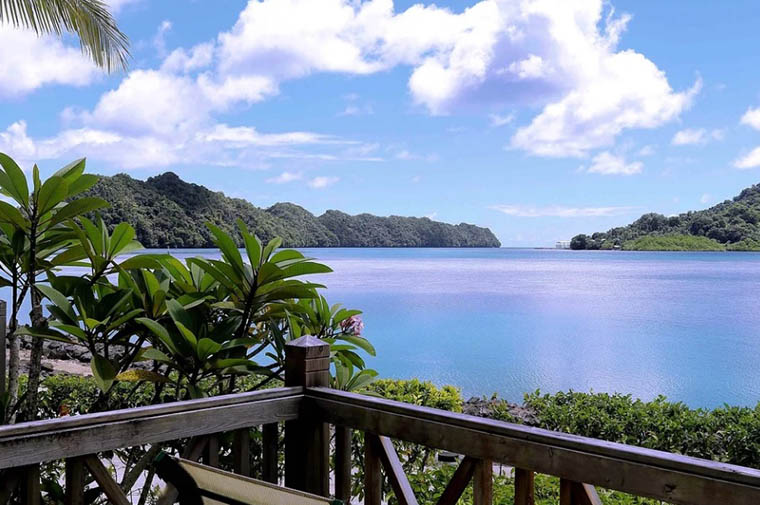
- The people of Palau make up the majority of the population of the islands. He belongs to a group of Micronesian people.
- The climate here is one of the best on Earth, all year round the temperature ranges on average from 77 °F to 86 °F (25 °C to 30 °C). There’s no horrible heat here, unlike many other tropical islands.
- Most of the population of Palau professes Christianity, but there’s also a unique religion of Modekngei, which is not represented anywhere else in the world. Modekngei is a syncretic fusion of Christian and traditional Palauan beliefs. About 10% of locals profess this religion.
- There are about 1,500 different species of fish in the coastal waters of Palau. There is no industrial fishing here, although the locals fish for their needs.
- In 1994, Israel was the first non-Pacific country to establish diplomatic relations with Palau. Israel also offered financial support and voted for Palau to join the UN.
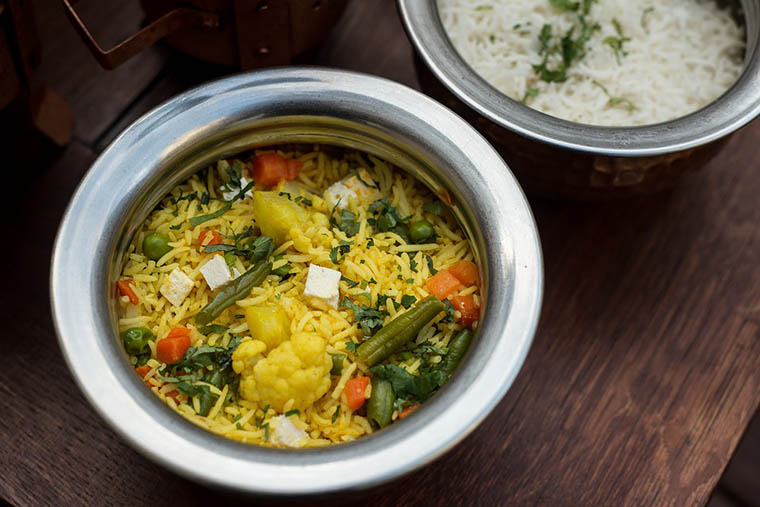
- You can see submerged military vessels Near Palau, on the seabed. Those are rusty artifacts of the Second World War. They have long been overgrown with shells and have become a home for various animals, as well as a popular attraction. Divers like to visit these places.
- Palau is governed by a parliament, and there’s also a president. However, the tribal leaders still retain authority here.
- The country has a natural spa. The white mud found in the Milky Way Lagoon on Koror Island is considered magical. It is claimed that by applying mud and silty water to your skin, you can appear up to 5 years younger.
- The original settlers of Palau arrived from Indonesia about 4500 years ago.
- The traditional society in Palau is a matriarchy. Women are the decision-makers in society. Matrilineal customs predominate in inheritance, marriage, funerals, and every other aspect of life in the country.
